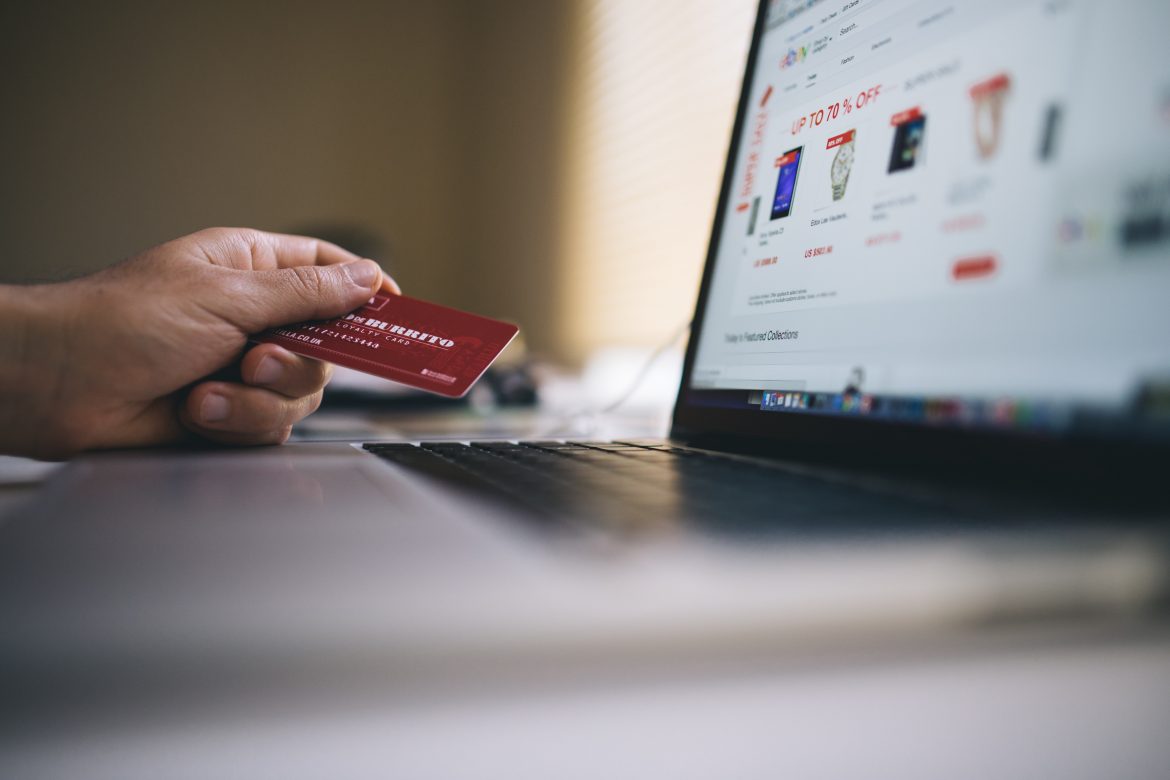
Public Wi-Fi is now very common-place in British cities, in fact cities all over the world. You won’t find many places that don’t offer some kind of public Wi-Fi when you’re walking through Winchester, London, Cardiff, anywhere! Consumers are willingly, and gratefully, connecting to these networks assuming that the networks are secure. Unfortunately, that assumption may well be misplaced.
Social media intelligence research has shown that these networks lull users into a false sense of security. These users assume that there are the necessary security protocols in place, but in reality they actually are not in upto 90% of cases.
Someone who intends to cause harm will find it relatively easy to gain access to all sorts of information and data that should be protected.
One of the problems lies with businesses wanting to set up their Wi-Fi themselves. A common misconception by well-meaning businesses who just want to offer their customers a good service, is that by installing a router and password protecting it will be enough to make it secure. However, when you’re handing our the password to all of your customers, you’re enabling anyone with the password and connection to access all the devices in the network. So not secure at all.
This approach is well-meaning, but unfortunately rather naive, and not one that is limited to small businesses. Even large companies and established chains have trouble with this kind of network security.
Having a default username and password for multiple end-connected devices can also cause big problems.
Imagine you walk into a cafe, you buy a coffee, and they give you the Wi-Fi password on your receipt. You sip your coffee, take your phone out of your pocket and log on to the most common web address for their router. Easy access. You could then type in the default username and password, eg. ‘admin’ and ‘password’ and bam, you’re inside their router.
This all sounds a bit malicious, and while there are undoubtedly people out there who would attempt to access private and personal data and information, it’s not just this that can cause harm.
Someone could innocently log in with their device and unwittingly share a virus from their laptop, infecting every other device on the network that have default passwords. Scary stuff.
Even more scary when you consider that upto 83% of the population have accessed their email accounts, shared media online and accessed their bank balances on public Wi-Fi services.
There are also risks from ‘man in the middle’ attacks where someone hacks into the original network, and then rebroadcasts a wireless network with the exact same name. A threat very difficult for end users to ascertain.
These users will then connect to the threat network and unbeknown to them, type in all their bank information to the wrong website.
The public are always going to want to use public Wi-Fi and even with these possible threats, people will still connect and go about their online business. Really, the responsibility of security lies with businesses themselves. They need to make the assumption that users will not necessarily be doing the right thing, or protecting their sensitive data, so the businesses need to make their networks properly secure. Self-made public Wi-Fi services through a standard router and password aren’t enough in today’s internet climate.
Coffee shops, restaurants, shopping centres, airports. There are so many public places that are offering an insecure service. Airport customers are taking huge risks according to the experts. When you were last in an airport, did you log on? Maybe you were travelling for work, so hopped on your laptop before making your way to the departure lounge.
Airport wireless networks rely on one simple check box as part of their terms and conditions, but this is more to protect them rather than the end user.
Next time you connect to a wireless network at the airport, open your network section and see how many devices are on that network. There will likely be hundreds of devices listed there, and all you need is one of those to have malicious software on it for it to cause damage.
In general, the consumers expect the utility of having access to Wi-Fi without the understanding of security issues.
That’s where your business can step up. Coming across a secure public Wi-Fi system is actually quite rare so if you’re reading this wondering if the service you are currently offering is secure enough, it’s time to let the professionals have a look.
Don’t hesitate in getting in touch with our Wi-Fi experts here at Geekabit. Operating out of Winchester, Cardiff and London, we can help your Hampshire, Wales or London based business be one of the secure few rather than the potentially threatened majority.
Get in touch…
London Office – Tel. 0203 322 2443
Cardiff Office – Tel. 02920 676712
Hampshire Office – Tel. 01962 657 390
